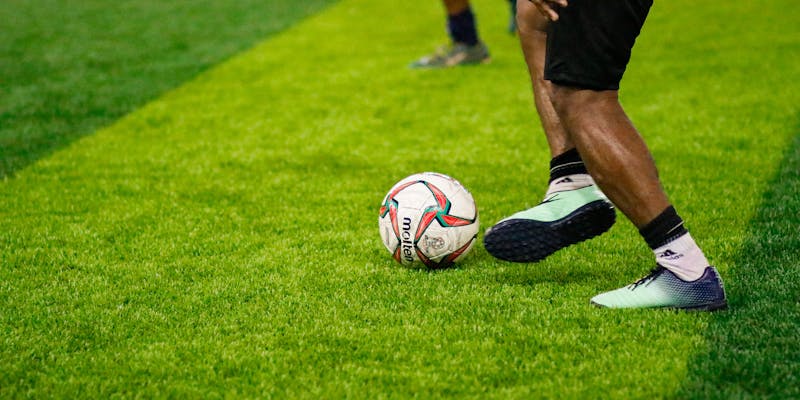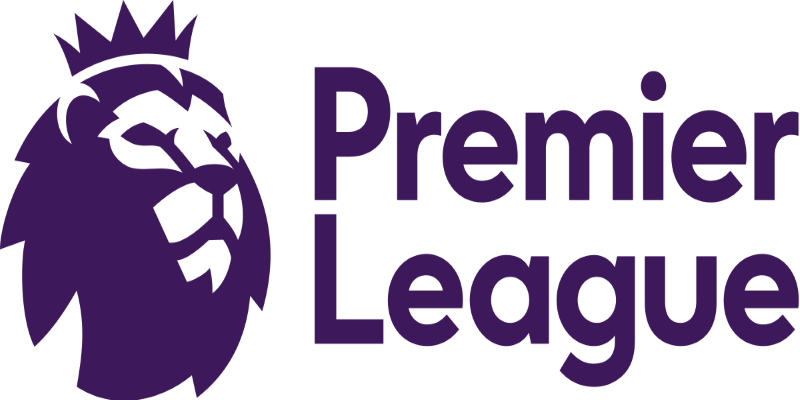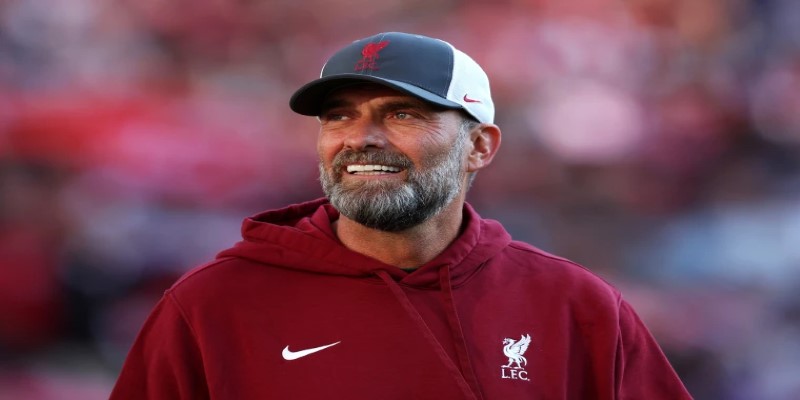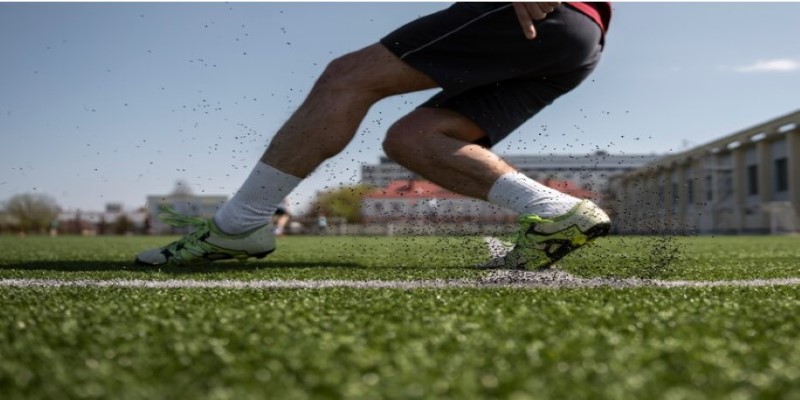Do you want to know how the world's best football players stay at the top of their game for so long? Professional football demands incredible fitness, stamina, and commitment.
Through detailed training plans, proper nutrition, effective recovery methods, and mental preparation, these elite athletes maintain their peak performance year after year. This article will show you the secrets behind their enduring success and high-level performance.
Fitness Strategies of Top Footballers
Here are some of the key practices and routines that help elite players maintain their peak performance and extend their careers.
Physical Fitness
Maintaining peak physical fitness is essential for professional footballers to perform at their best.
Training Regimens
The extremely regimented training regimens that professional football players adhere to are created by their coaches and fitness instructors. These workout regimens combine anaerobic and aerobic activities to increase strength, speed, and endurance.
Running and cycling are examples of aerobic exercises that enhance cardiovascular fitness and help athletes sustain their energy levels during a game. High-intensity interval training and sprinting are examples of anaerobic exercises that emphasize explosive power and rapid bursts of speed, which are essential for actions like tackling and acceleration.
Force and Flexibility
Strength and conditioning drills are given top priority by football players in addition to cardiovascular fitness. This involves resistance training to increase muscle endurance and avoid injuries, as well as weightlifting, to increase muscle mass and general strength. In order to improve flexibility, which is essential for agility and injury avoidance on the field, yoga is frequently included in training regimens.
Drills for Agility
Football players need to practice agility drills in order to improve their balance, coordination, and fast reactions. These exercises include a variety of motions, including cutting, jumping, and quick direction changes. Players may move around opponents more skillfully and keep better ball control by increasing their agility.
Mental Preparation
In addition to physical training, mental preparation is an essential component of football performance.
Sports Psychology
In football, mental toughness is just as vital as physical toughness. Sports psychologists assist athletes in developing greater mental toughness, concentration, and self-assurance. Through stress management and peak performance under duress, athletes acquire skills including goal-setting, visualization, and mindfulness.

Positive Routines
Players can decompress and relieve tension by partaking in recreational activities like gaming or card games. Players can refuel and keep a good outlook by engaging in these activities, which offer a mental respite from the demanding nature of practice and competition.
Nutrition and Balanced Diet
Professional football players follow diet plans that have been carefully planned to supply their bodies with the nutrients they need to perform at their best. This involves eating complex carbs for prolonged energy, healthy fats for long-lasting fuel, and high-quality proteins for muscle growth and repair.
A sufficient intake of vitamins, minerals, and fluids is also a necessary component of proper nutrition in order to promote general health and healing.
Rest and Recovery
In order to continue playing at their best, professional football players must make sure they get enough time to recover and rest.
Enough Rest
Sleep is essential for both mental and physical healing. Professional football players place a high value on getting enough sleep so that their bodies can renew and recover overnight. On the field, cognitive performance, response times, and decision-making skills are all enhanced by high-quality sleep.
Recovery Methods
Apart from getting enough sleep, athletes employ many recovery methods to improve muscle regeneration and minimize swelling. This can involve using compression clothing, massage therapy, and ice baths to ease tight muscles and hasten healing in between workouts and games.
Support from Wearable Technologies
Players may now more precisely track their physical performance because of the developments in sports technology. Players' levels of exertion during practice and competition are tracked in real-time by wearable technology such as heart-rate monitors and GPS vests.
Coaches and fitness personnel can use this information to customize training plans for each player, ensuring that they train at the right level of intensity and lowering their risk of overtraining and injury.
The Importance of Strategy
In football, strategic thinking is essential for success as it influences every game's result. The following are the main points that highlight its importance in the game:
Pre-game Customs and Procedures
Top football players typically do pre-game rituals and routines to emotionally and physically prepare themselves before taking the field. These routines can take many different forms, but they frequently combine mental imagery, physical warm-ups, and ingrained behaviors.
To ensure their muscles are prepared for the game, some players stretch while others listen to their favorite music to help them enter the zone. These routines aid in concentration, lessen nervousness, and prepare athletes for optimal performance.
In-game Adaptability
On the field, flexibility is an essential quality for continuing to perform at your best. Pro players don't just stick to one set plan; they also evaluate the field continuously, predict opponents' movements, and modify their strategies as necessary.
Because of their adaptability, they are unpredictable and difficult to stop, which enables them to take advantage of opportunities as they present themselves.
Support for Fans on Social Media
Football players rely heavily on fan support, which frequently serves as an extra player on the pitch. Cheering supporters can increase an athlete's energy and enhance their performance. Social media has both positive and negative aspects. Online support and encouraging remarks can make athletes feel better, while harassment and hurtful remarks can be detrimental to their emotional well-being.

Many athletes deal with this by hiring social media managers to tackle offensive content and by hiring psychological trainers to assist them in managing the stress of being in the spotlight. They can concentrate better and give their best work with this support.
The Bottom Line!
Top football players stay at their peak for a long time by focusing on rigorous training, balanced nutrition, effective recovery methods, and mental preparation. Additionally, they manage the positive and negative impacts of fan support and social media. By consistently following these practices, they maintain their fitness, enhance their performance, and extend their careers at the highest levels of the sport. These dedicated efforts are what keep them performing at their best, game after game.







